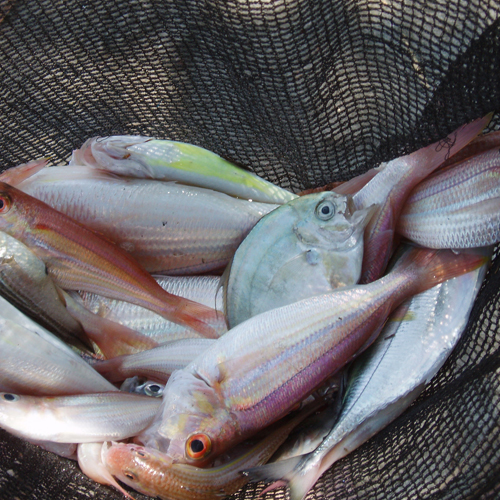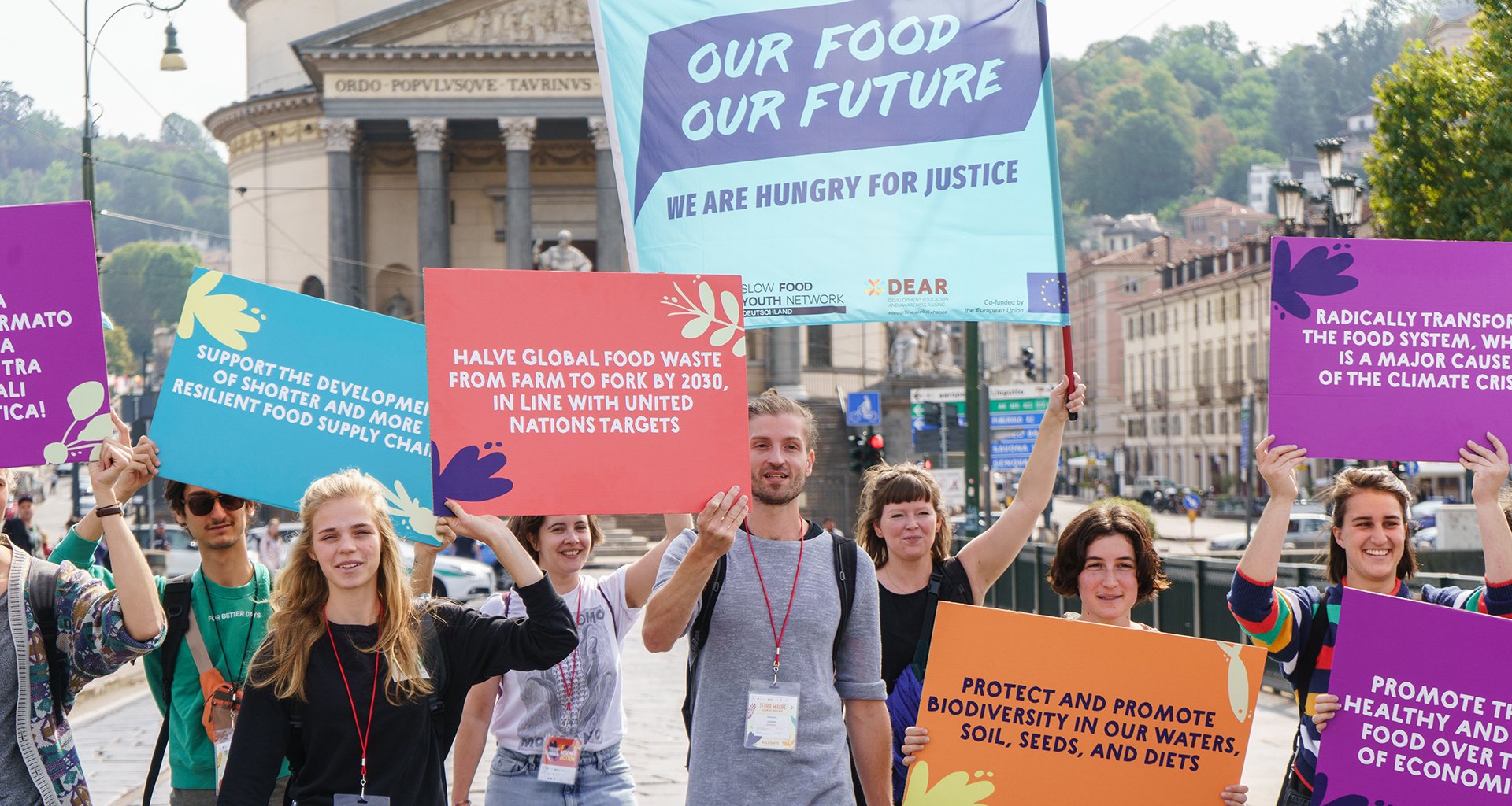
- Lighthouse Foundation
- Projects
- International: Slow Food Campaign - Understanding the Oceans
International: Slow Food Campaign - Understanding the Oceans
What is at issue:
What state are our seas in? What fish species are on the verge of extinction? Can we influence the market? Should we stop eating fish? Is there a future for small-scale fishers?Slow Food has been working in the field of sustainable fish for many years, raising awareness among seafood-lovers through the biennial Slow Fish fair in Genoa and developing projects to support responsible artisanal fishing communities.
With fishing, just as with agriculture, Slow Food strongly believes that every individual can contribute in his or her own small way to changing the mechanisms of a globalized food system based on the intensive exploitation of resources.
"We are rediscovering different, forgotten flavors, which the globalized market tends to obliterate, and new or updated recipes. We are seeking to recover the traditional wisdom of fishing communities, who often have not moved far afrom ancient fishing practices, the diets of past generations, and the known and unknown resources guarded by rivers, lakes and seas. All these things are part of our story and our identity."
In this spirit, the international Slow Fish campaign is launching initiatives that promote artisanal fishing and neglected fish species and inspire reflection on the state and management of the sea’s resources. To have any chance of success, this reflection must start at a local level.
The international Slow Fish campaign includes the creation of a multilingual website, which brings together existing information, organized to paint as complete and nuanced a picture as possible of the complex situation that lies behind a plate of fish.
What's happening now:
Slow Fish 2019 launches the recipe for the future of our seas:
We must fish less, and fish better; cultivate more shellfish and algae! Slow Fish 2019, organized by Slow Food and the Liguria Region in Genoa (Italy) this May, brought together more than 100 delegates from over 20 countries who told their stories, and above all shared their good practices.
Within Slow Fish North America, Slow Fish Canada has launched in the beginning of December a campaign in order to help raise awareness of how the Canadian government is managing its fishing grounds by using policies that result in the privatization of access to fish resources, as well as a petition for policy reform of the Fisheries Act.
The fair "Slow Fish" takes place every two years in Genoa. It informs consumers and deals with sustainable fisheries.
A behind the scenes look at our worldwide Slow Fish network discussing the way forward for sustainable fishing in Genoa, Italy. Video produced by Trip in Your Shoes
What we have achieved:
Slow Fish’s main task was to consolidate and work with the networks on specific exchanges and projects related to poverty alleviation, ecological responsibility, promotion of local production and capacity building for community organization.
Our activities developed along 5 thematic axes:
- Knowledge sharing as a tool for increasing resilience of rural and coastal communities in southern countries, with a focus on knowledge that can help improve local capacity to organize, increase responsibility towards natural resources, add value to products, and livelihood alternatives development
- Creative use of invasive species, or how to transform a threat into an opportunity
- Interconnected waterways, since fisheries are located all along waterways, and the impact of inland fisheries on the ocean.
- Aquaculture and Aquaponics as a viable and responsible alternative
- Increasing synergies between indigenous peoples and fishery issues and network.
This video shows the complexity of fishing in an immediate and simple format to better understand fisheries- and coastal culture. To preserve both, we must follow the principles of the Small Scale Fisheries Guideline and human rights in the heart of our actions.
The international Slow Fish campaign is launching initiatives that promote artisanal fishing and neglected fish species and inspire reflection on the state and management of the sea’s resources.
The Slow Fish event, held every two years in Genoa, is the most complete expression of our approach, with a large space dedicated to information for consumers, awareness-raising for children and encounters between people involved in sustainable fishing. And of course, there are plenty of opportunities for tasting all the delicious seafood that visitors have been learning about.
The multilingual website, to paint a complete and nuanced picture of the complex situation that lies behind a plate of fish. Slow Food provides a teaching tool that illustrates the basic concepts of fish sustainability, such as seasonality, sizes and reproductive age, to help every class research their own local fish species.
TheSlow Food Foundation for Biodiversity is playing a key role. In recent years it has launched 23 Presidia projects with Terra Madre fishing communities. The Slow Fish in Action section gives visibility to these projects, along with all the activities undertaken every day by the members of our network to promote good, clean and fair fish.
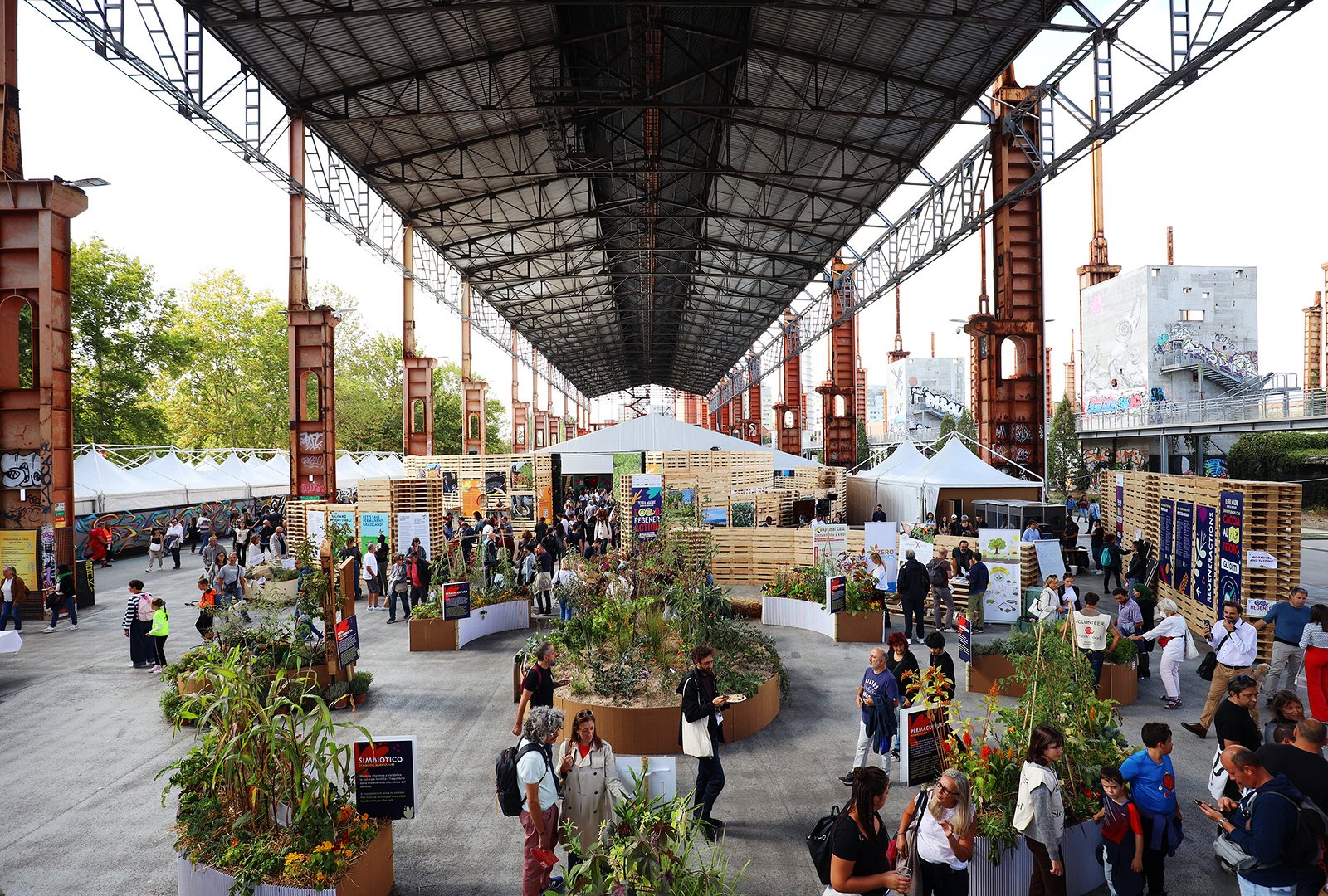
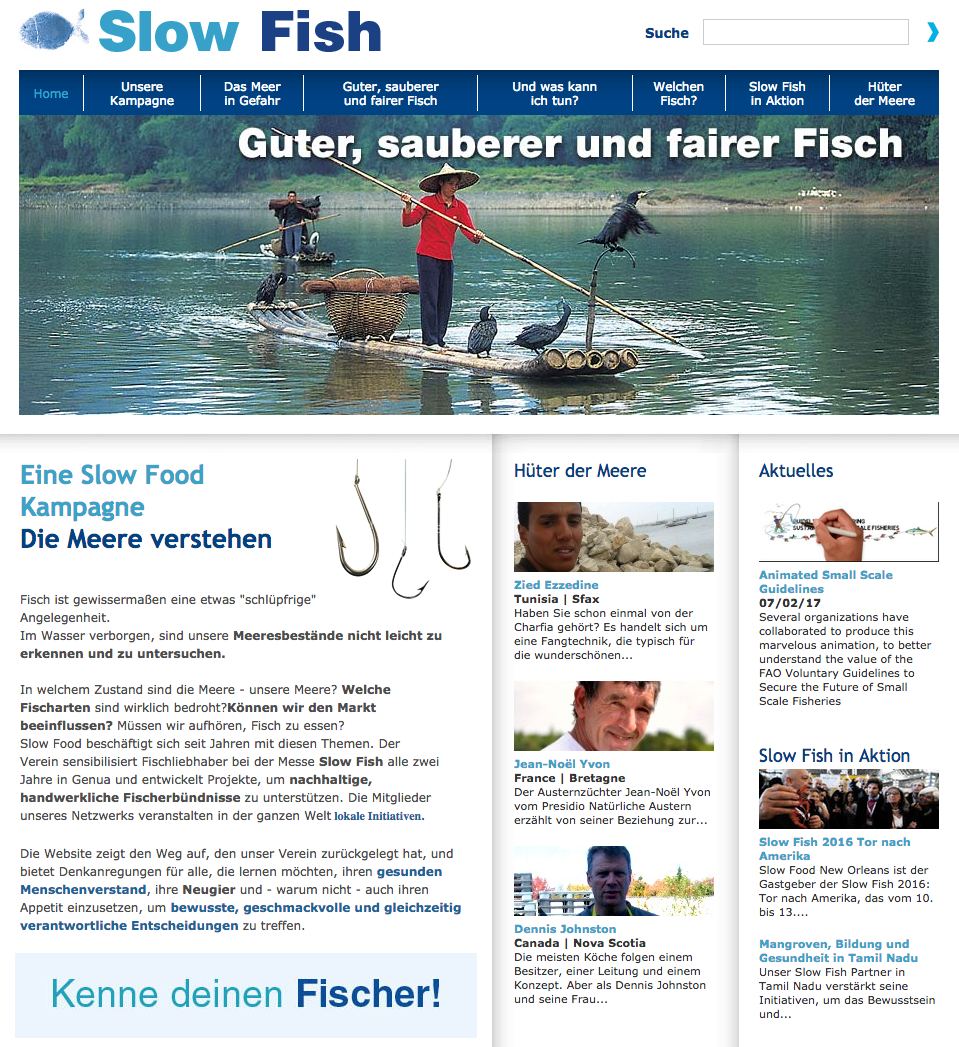
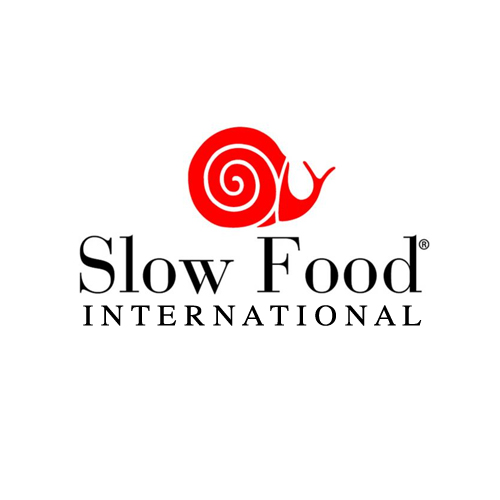
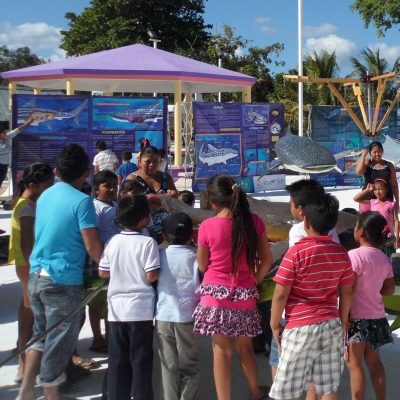)
